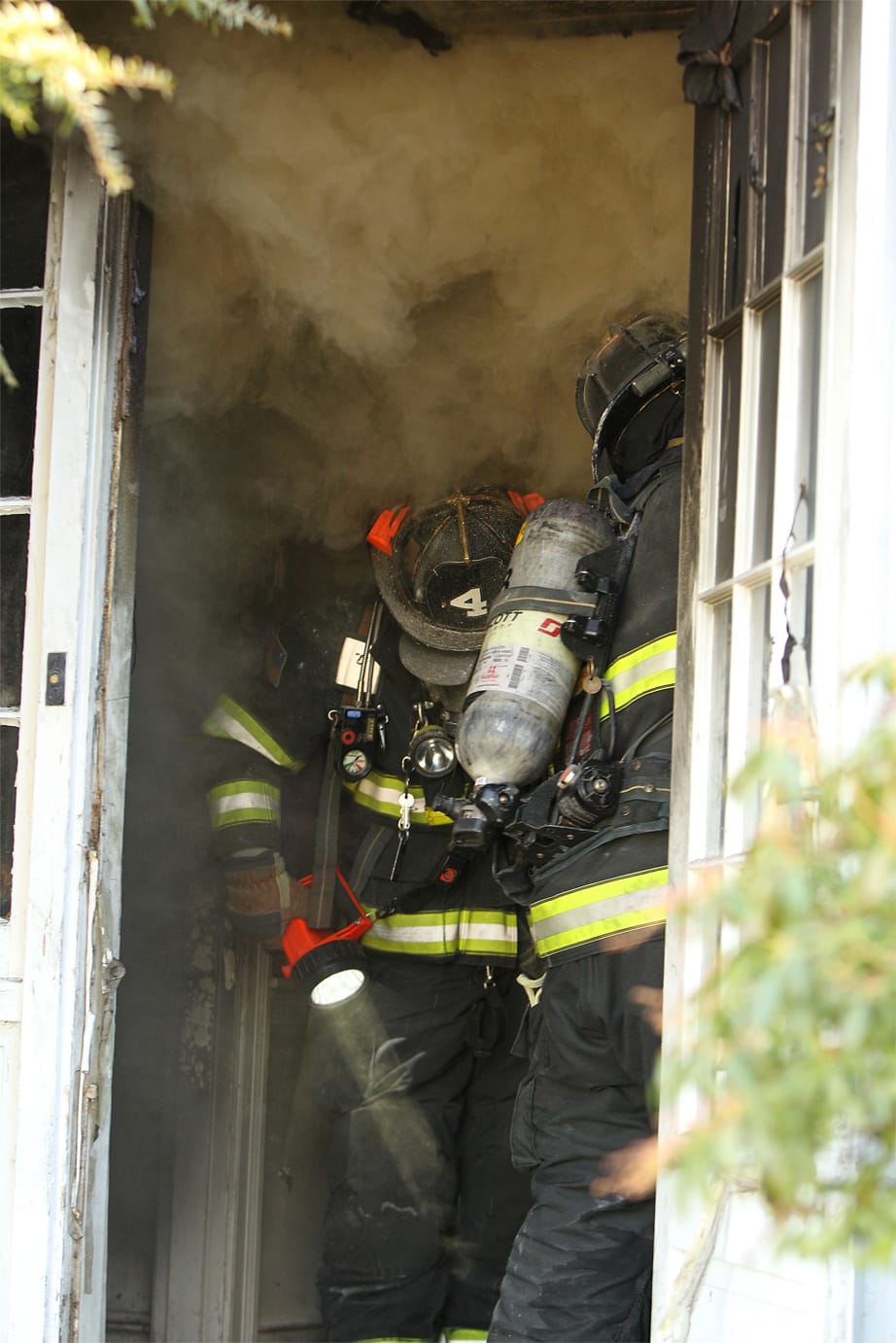Get the help you need right now 855-900-8437 Get Help Now
Get the help you need right now 855-900-8437 Get Help Now
January 16, 2020
Post-traumatic stress disorder (PTSD) manifests itself in a variety of ways. While most people associate the disorder with flashbacks and dramatic outbursts, PTSD also comes with a host of other symptoms that are easily missed. The disorder could impact nearly every aspect of a person’s life, from sleep quality to daily mood.
The most overlooked signs of PTSD could be hiding in plain sight. If you or a fire fighter you know is struggling with any of these symptoms after a traumatic event, consulting a professional about PTSD could help. While these four signs don’t necessarily mean a fire fighter has PTSD, when combined with other symptoms, they could indicate a problem that should be addressed.
Sleep is key for good health and mental well-being. Unfortunately, it is also one of the first areas negatively impacted by PTSD. Disruptions in sleep are often related to many of the underlying symptoms of the disorder. Memories and flashbacks of a traumatic event may appear in vivid nightmares.
The hyperarousal characteristic of PTSD can manifest itself in anxiety and paranoia, making it difficult to wind down at the end of the day. Intrusive, unwanted memories of the event may also keep those affected awake, leading to insomnia and restlessness. Many people use alcohol or drugs to dull PTSD symptoms, which can also impact sleep quality.
Over time, sleep deprivation can exacerbate PTSD symptoms and bring on additional negative consequences for mental and physical health. Some of the most common effects of sleep deprivation include:
Many people with PTSD feel as if danger lurks around every corner. With so much focus on potential threat, it can be difficult to pay attention to much else. When the mind moves at such a frantic pace, simple things, such as sitting through movies, going for walks and listening to music can become difficult. Learning new skills — especially under pressure — can feel impossible. Doing laundry, washing dishes, cooking dinner and completing other everyday tasks may also prove challenging.

While changes in mood may feel unrelated to PTSD, dramatic shifts in attitude and feelings are telltale signs of trauma. Someone struggling with PTSD may feel fine one moment and horrible the next. Others may find themselves suddenly overcome by paranoia or suspicion. Some might have trouble experiencing pleasure or happiness in general. Hopelessness, numbness and dread are also common emotions that people with PTSD experience.
These extreme shifts in emotions can cause people to become easily irritated. If you have PTSD, small inconveniences like traffic and lines may quickly send you over the edge. In this state, you might lash out at co-workers, family members and friends. This can leave your relationships strained and you isolated from vital sources of support.
Close relationships with friends and family are crucial to health and happiness. They bring you comfort in difficult times, help celebrate your successes and make life worth living. Similarly, hobbies can provide a fun, engaging outlet to help you develop skills, relax and unwind.
In many cases, PTSD eclipses these once-cherished parts of life. If you suffer from PTSD, you may feel unmotivated to maintain relationships with loved ones. Sometimes this is due, in part, to their connection to the traumatic event — being around them may remind you of what you experienced, so it feels easier to keep your distance. Previously enjoyed hobbies lose their luster, and may begin to feel draining instead of energizing. Being disconnected from the people and activities may only add to your feelings of isolation and loneliness, heightening symptoms of PTSD you may already be experiencing.
Do you identify with any of the above symptoms? Have you noticed them in a fire fighter or paramedic you love? The good news is that while PTSD can be hard to live with, professional treatment is available to help you cope. The IAFF Center of Excellence specializes in treating behavioral health and substance abuse in IAFF members. Reach out to a representative today for more information about our programs, or to begin the enrollment process. A better life is possible, and it’s only a phone call away.
Sources:
Peters, Brandon. “How Post-Traumatic Stress Disorder (PTSD) Affects Sleep.” Verywellhealth, April 27, 2019. Accessed November 26, 2019.
Medical Disclaimer: The IAFF Center of Excellence aims to improve the quality of life for people struggling with a substance use or mental health disorder with fact-based content about the nature of behavioral health conditions, treatment options and their related outcomes. We publish material that is researched, cited, edited and reviewed by licensed medical professionals. The information we provide is not intended to be a substitute for professional medical advice, diagnosis or treatment. It should not be used in place of the advice of your physician or other qualified healthcare provider.